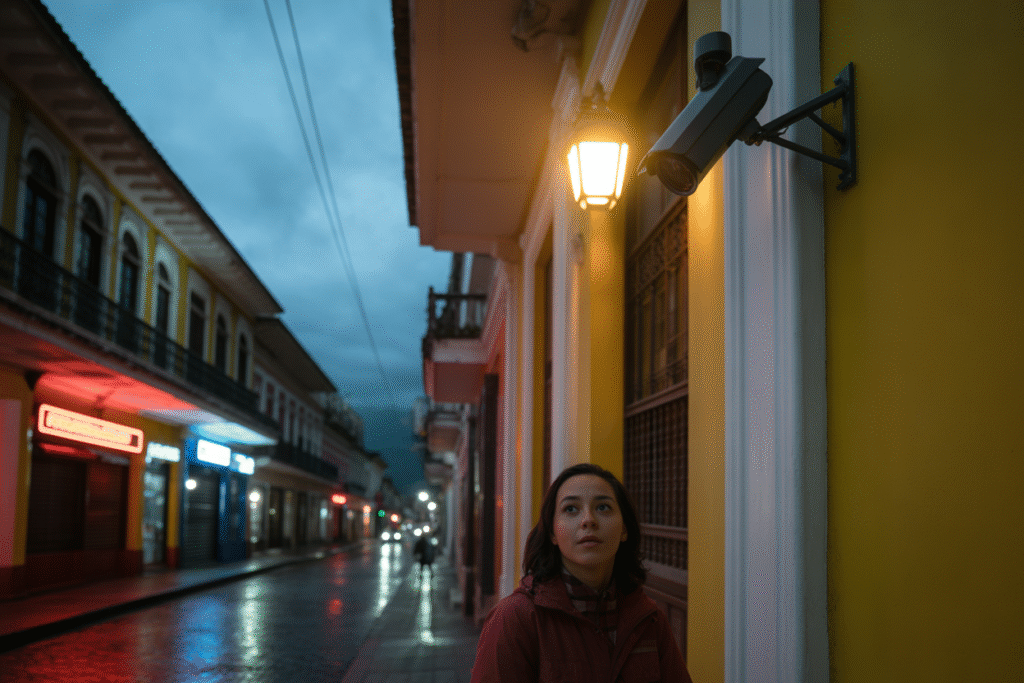Colombia’s AI-powered cameras promise safer streets—but at what cost to civil liberties?
Imagine walking home and knowing every step is watched, analyzed, and stored by an algorithm that never forgets. In Colombia, that scenario is no longer science fiction. A single viral post has ignited a region-wide debate on AI surveillance, privacy, and the thin line between security and authoritarian overreach. This is the story behind the tweet that made Latin America stop scrolling.
The Tweet That Lit the Fuse
It started with a screenshot and a warning. User @hyperconectado posted a thread that read like a thriller: AI cameras quietly installed in Bogotá’s historic center, facial-recognition software running 24/7, and no judicial oversight in sight. Within minutes, the post racked up 18 likes, 5 reposts, and 396 anxious views.
The thread laid out three chilling possibilities: journalists could be tracked to their sources, opposition figures might find their rallies infiltrated, and everyday citizens could end up on watchlists for the crime of walking their dog at night.
Why did it explode? Because it tapped into a universal fear—being watched without consent. The post also carried the hashtag #AIethics, a keyword that’s climbing Google Trends as fast as the cameras themselves.
Security vs. Civil Liberties: Who Wins?
Proponents argue the cameras slash crime rates. Colombian officials cite a 15% drop in street robberies since the pilot began. They paint a picture of safer plazas, quicker emergency response, and deterrence that actually works.
Critics counter with a darker canvas. Privacy advocates warn of mission creep—today it’s pickpockets, tomorrow it’s union organizers. Human-rights groups like Dejusticia remind us that biased algorithms have already misidentified darker-skinned citizens at twice the rate of lighter-skinned ones.
Stakeholders are split down the middle:
• Tech vendors promise “responsible AI” and point to EU-style certification.
• Civil-society coalitions demand sunset clauses and annual audits.
• Citizens just want to know if their biometric data is stored forever.
The debate boils down to one question: Is temporary safety worth permanent exposure?
What Happens Next—and How to Push Back
Colombia isn’t an isolated case. Chile just approved a $30 million smart-city package, and Brazil’s federal police are piloting emotion-recognition software at airports. If the region moves in lockstep, we could see a patchwork of AI surveillance laws that range from permissive to draconian.
So what can you do today?
1. Demand transparency: Ask local officials to publish AI procurement contracts.
2. Support watchdog NGOs: Groups like Fundación Karisma need donations and volunteers.
3. Stay informed: Set a Google Alert for “AI surveillance Latin America” and share credible articles.
The future isn’t written yet. A single viral post proved that public pressure works—imagine what thousands of informed voices could achieve.


